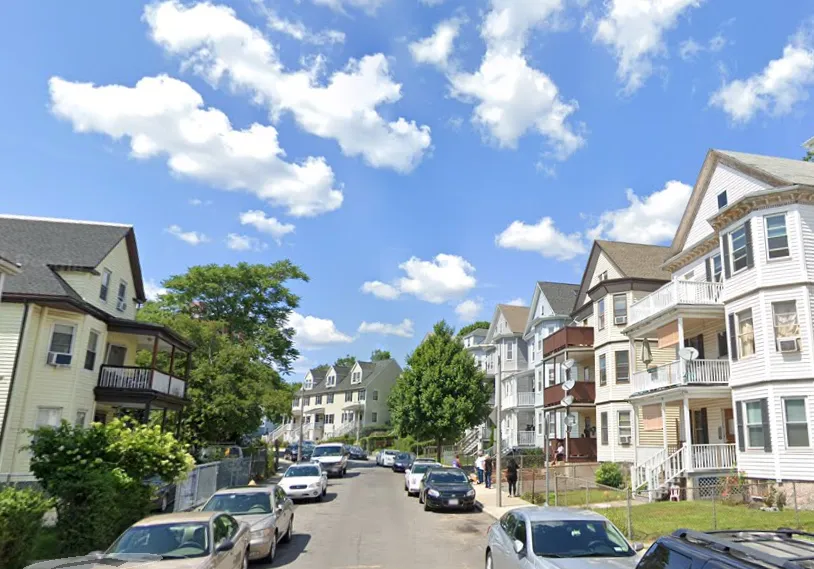
Or, if your drug of choice is alcohol, you can see a doctor who prescribes naltrexone tablets or the vivitrol shot. Everyone starts from a different place when putting down drugs https://ecosoberhouse.com/article/making-living-amends-during-addiction-recovery/ or alcohol. Some people have major legal challenges or financial problems early on.
How to Navigate Social Situations Without Substances

Progress in this area isn’t just about numbers—it’s about building a foundation strong enough to support your goals, your peace, and your long term sobriety. There’s no endpoint to recovery—it’s a lifelong process of learning, growing, and rebuilding.And it’s okay if some days feel more challenging than others. What matters most is staying committed, connected, and compassionate with yourself. Having a strong support system can make a huge difference in your recovery.

Creating a Supportive Environment

These services not only help individuals cope with cravings but also foster a sense of community and belonging—crucial elements in the recovery journey. Programs designed to enhance skills and address personal values significantly contribute to stability during the transition back into daily life. Yes, a healthy relationship is possible with a recovering addict, particularly if they are committed to their sobriety and engaging in ongoing support like therapy and support groups. Understanding their triggers and setting clear boundaries are vital to prevent situations that may lead to relapse. Partners should also be prepared for the emotional challenges that may arise and recognize that they cannot take on the role of a therapist. Ultimately, open communication, trust, and a commitment to mutual growth are key components of a successful relationship with a recovering addict.
Using SMART Goals
As individuals navigate this journey, they often uncover their self-worth, interests, and motivations that may have been clouded by addiction. Family dynamics often shift during addiction, which is why participating in family therapy can be immensely beneficial. These sessions provide a safe environment for everyone to express their feelings, foster understanding, and build healthier communication patterns. Professional guidance can facilitate healing and reinforce familial bonds. Rebuilding your life post-addiction is a multi-faceted journey that requires dedication and time. Acknowledging the emotional toll of addiction can help ease the transition after rehab.
By discussing your situation with supervisors, you can find ways to align work expectations with your recovery goals, which can enhance job performance without compromising your health. Continuing treatment will give you a solid support system and ensure you don’t lose track of all the progress you’ve made. It will also provide you with a chance to help others you might encounter along the way. You have put your body through hell in recent years due to your addiction.
- It’s about learning how to truly feel, grow, and eventually enjoy life again.
- Employing these strategies provides a structured approach to reformulate your life post-addiction, paving the way for a healthier future.
- The most crucial step to take following substance addiction rehab is to figure out your life goals and set about following them.
- For example, if you began using drugs and alcohol as a teen, and now you’re in your late 20’s, the early ’30s, life has changed.
- Whatever your sleep schedule was in the substance-abusing era, it probably wasn’t very conducive to providing good mental and physical health.

While the journey can be challenging, establishing routines, reconnecting with passions, and building supportive relationships are vital steps toward a purposeful life. One of the first steps towards a successful recovery is to distance yourself from old friends and negative influences. Cut ties with toxic people who may have contributed to your substance abuse and surround yourself with a positive and supportive network. Building a strong support system and fostering the new friendships you made with sober peers, while in treatment, is crucial for maintaining sobriety in the long run. To mitigate stress, identifying potential triggers in your daily life is essential. Avoiding environments that could tempt relapse enhances your recovery efforts.
- These resources not only help individuals regain trust from loved ones but also offer a framework for accountability.
- The process of addiction treatment and recovery entails dismantling your life, clearing the state, and starting fresh.
- It takes a considerably long time and perseverance to unravel the various root causes and triggers.
- Professional support, such as family therapy or counseling, is an essential part of the recovery process.
- Incorporating these steps creates a comprehensive approach to rebuilding a meaningful, purposeful life after addiction.

Support groups such as Alcoholics Anonymous (AA) or Narcotics Anonymous (NA) offer invaluable resources for individuals recovering from addiction. These groups rebuilding your life after addiction provide a safe space for sharing personal experiences, gaining insights, and learning from others who are facing similar challenges. Engaging in group activities fosters a sense of belonging and connection, which is essential for promoting lasting change and resilience in recovery. Family and friends play a crucial role in recovery by providing emotional support and practical help. Open communication can mend strained relationships, as loved ones often serve as vital sources of motivation in maintaining sobriety. They can assist by celebrating milestones and providing comfort during tough times, reinforcing the belief that one is not alone in their journey towards healing.
- You beat substance abuse and addiction, and now the time has come to change other habits correlating to how you relate to others, things you do for them, handling obligations, and more.
- Rebuilding life after addiction is a journey of itself that requires patience, dedication, and determination.
- These individuals offer encouragement during tough times and hold you accountable for your actions, helping you stay on track.
- Patterns and routines will help those in treatment prioritize success by encouraging healthy coping mechanisms.
- Take up new hobbies, learn new skills, or pursue educational opportunities.
Top 10 things to do when learning to love yourself and reclaiming your life after addiction
Overall, incorporating these strategies can significantly enhance your ability to maintain balance both during and after your recovery journey. Connecting with others who are also in recovery can provide a sense of community and belonging. Whether through formal support groups like Alcoholics Anonymous (AA) or informal meetups, these connections offer invaluable support. Working on oneself is a lifelong process that improves the individual’s sense of well-being and supports their success. Unfortunately, addictions to certain substances are viewed as crimes rather than chronic health conditions.
The impact of addiction on mental health
Cultivating self-love is essential in addiction recovery, offering numerous benefits for individuals overcoming substance use disorders. Self-forgiveness allows individuals to acknowledge their past actions without harsh judgment, fostering acceptance regardless of their previous mistakes. This process is significant as it helps in rebuilding personal relationships, both with oneself and others. Rebuilding your life after addiction involves several important steps. Forgiveness and self-compassion play pivotal roles; letting go of guilt and shame helps you move forward constructively. It’s essential to practice patience with both yourself and others, alcoholism as healing relationships takes time.